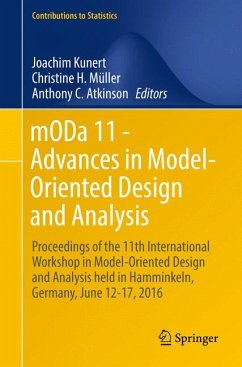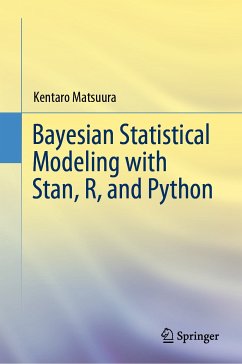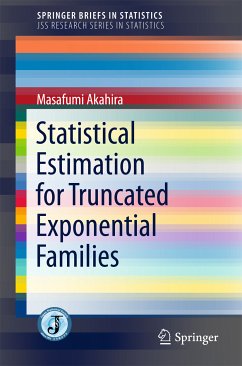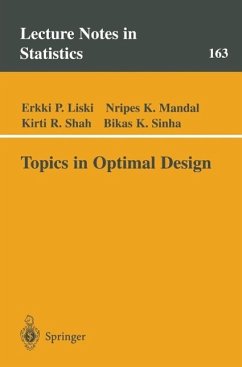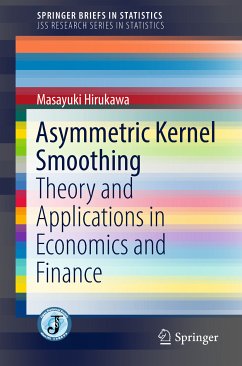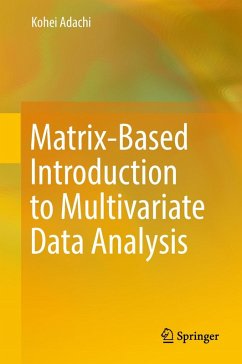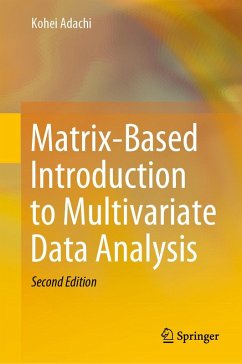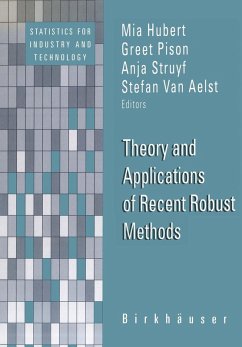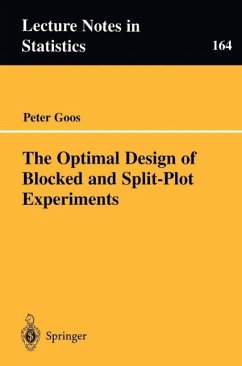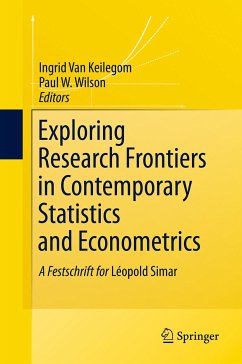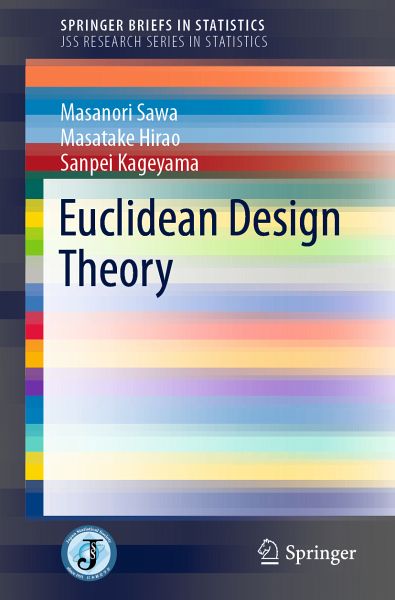
Euclidean Design Theory (eBook, PDF)
Versandkostenfrei!
Sofort per Download lieferbar
48,95 €
inkl. MwSt.
Weitere Ausgaben:

PAYBACK Punkte
24 °P sammeln!
Covers the constructions of optimal experimental designs comprehensively
Provides a novel framework for understanding optimal designs, based on the theory of cubature formulas in analysis and spherical/Euclidean designs in combinatorics
Presents a fresh approach for introducing the theory of the cubature formula with reproducing kernel Hilbert space in functional analysis
Dieser Download kann aus rechtlichen Gründen nur mit Rechnungsadresse in A, B, BG, CY, CZ, D, DK, EW, E, FIN, F, GR, HR, H, IRL, I, LT, L, LR, M, NL, PL, P, R, S, SLO, SK ausgeliefert werden.



